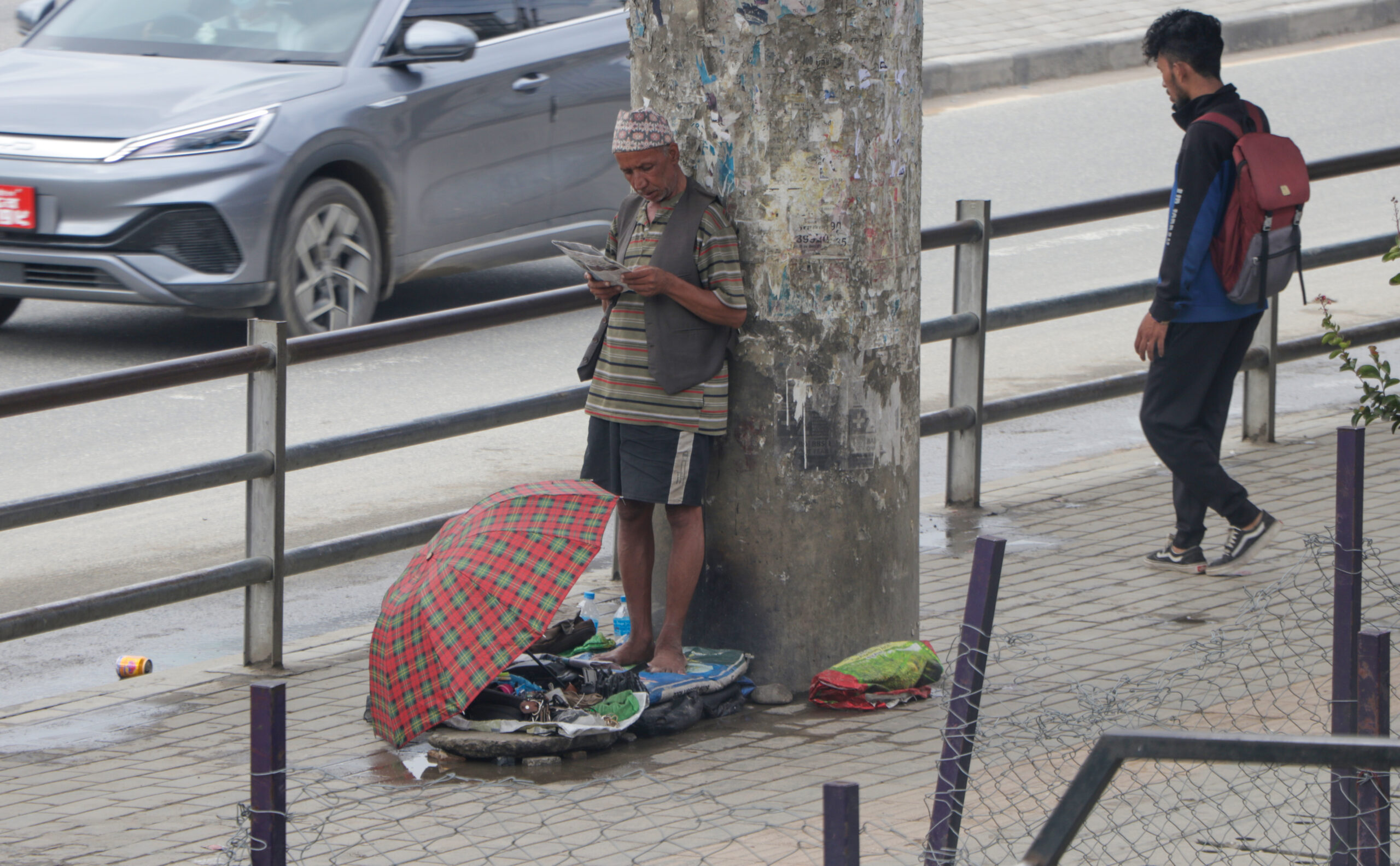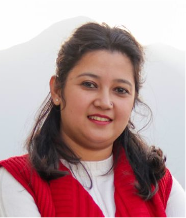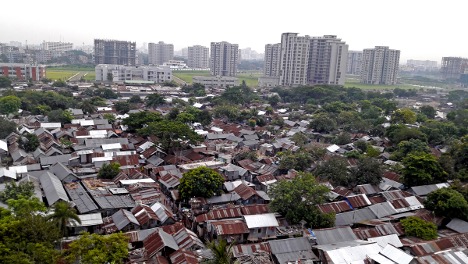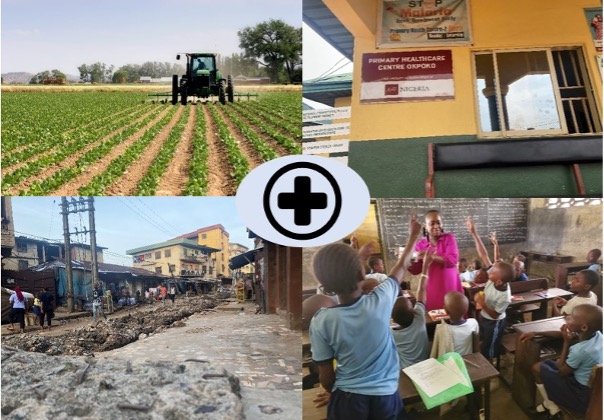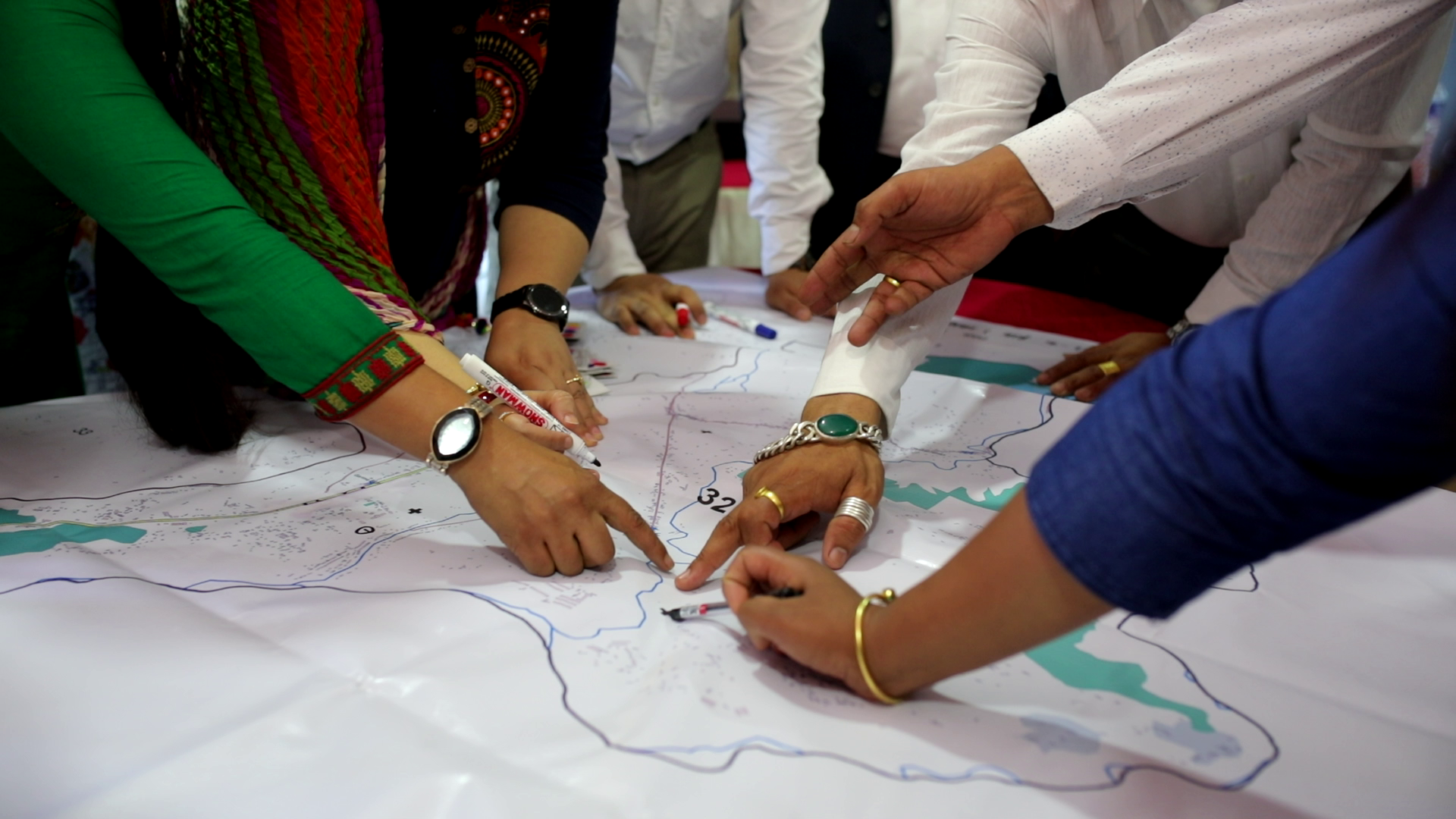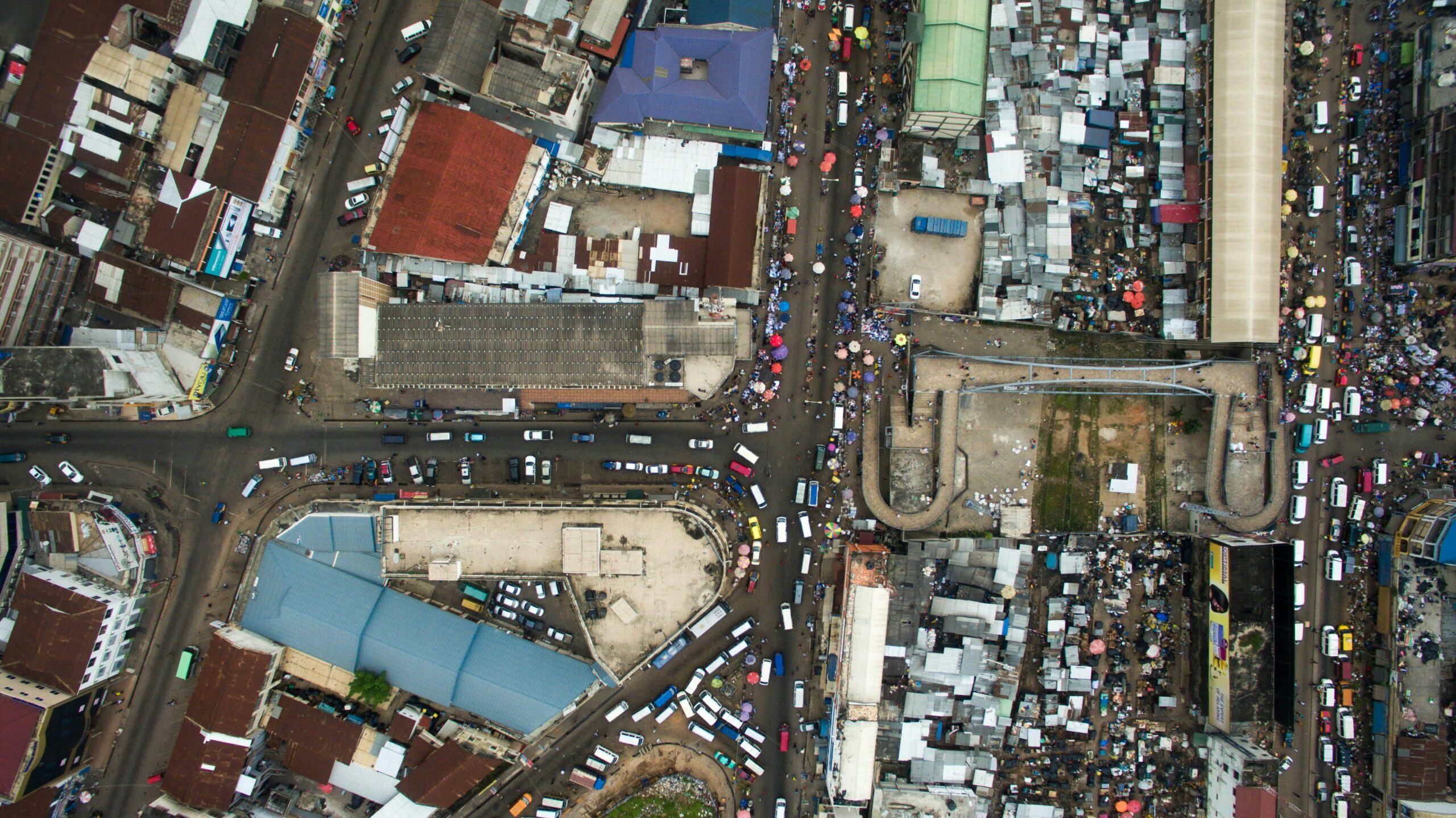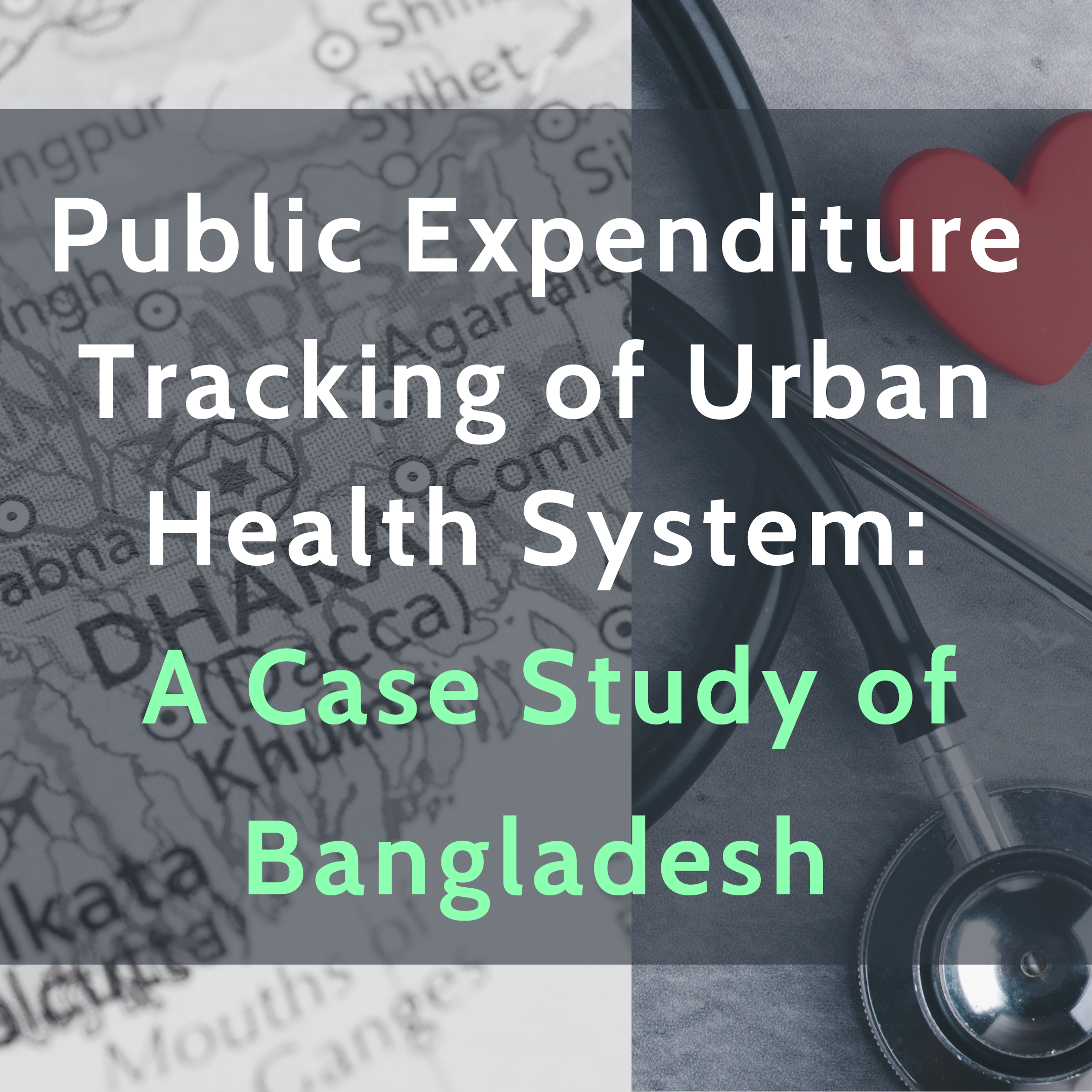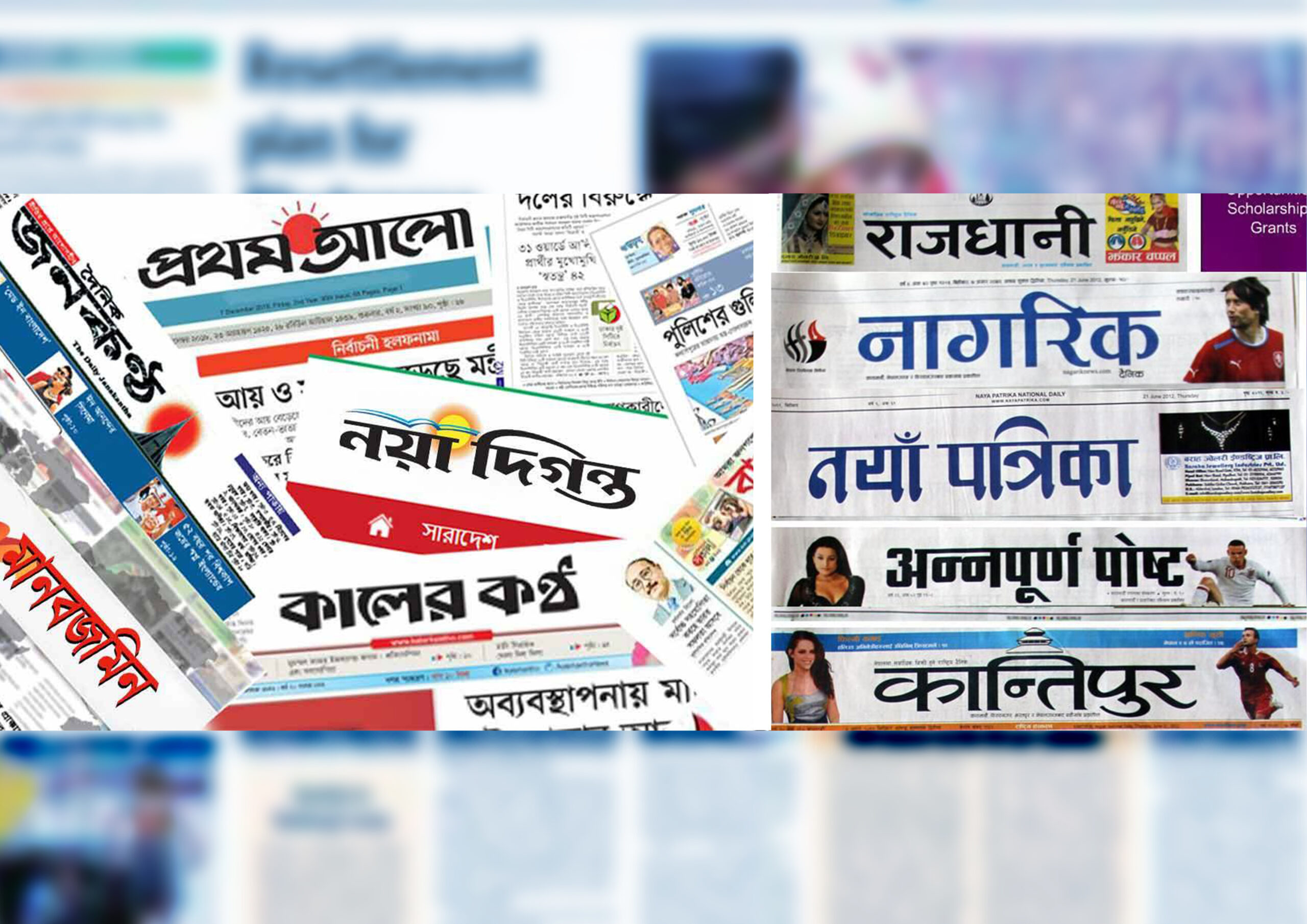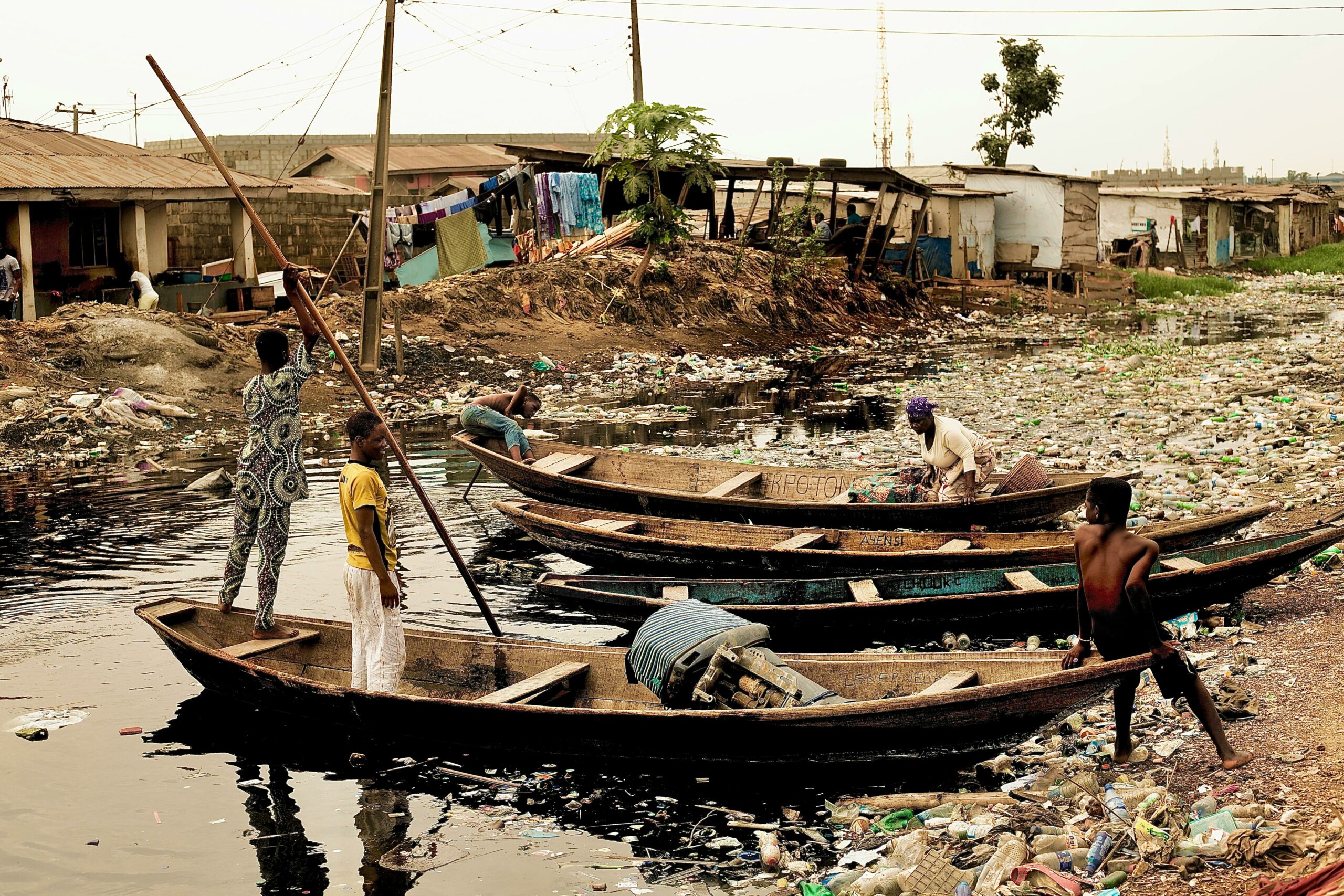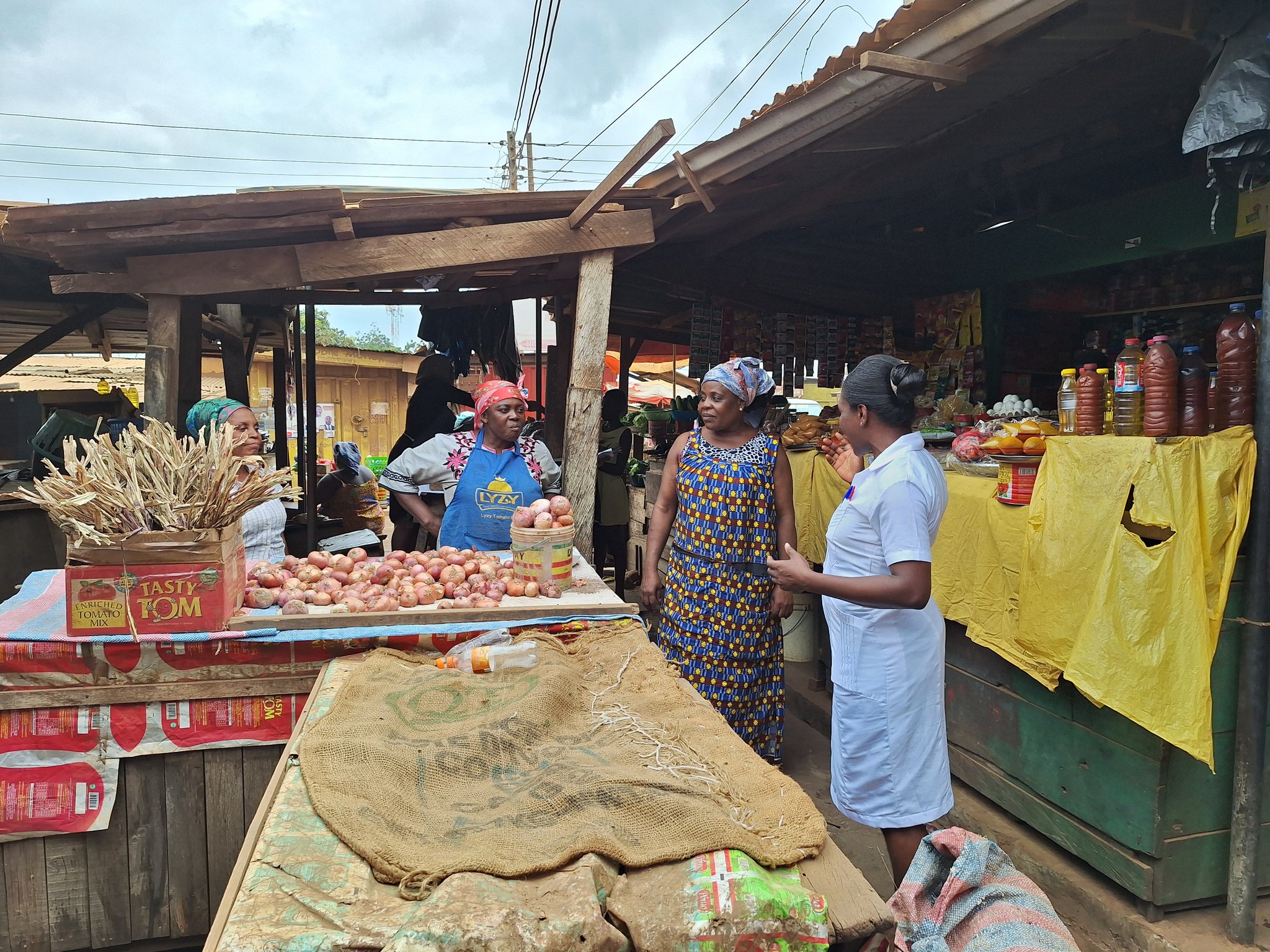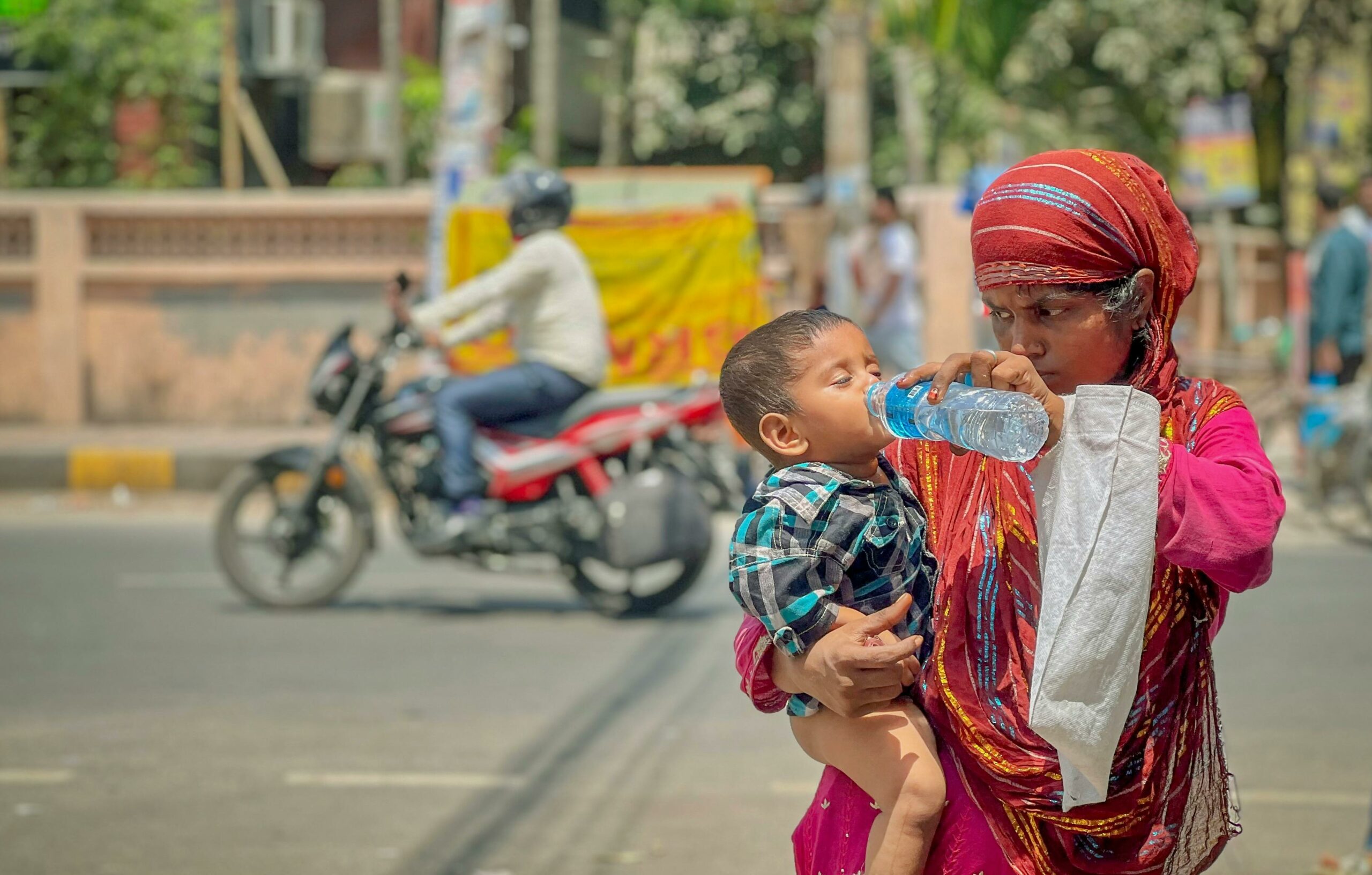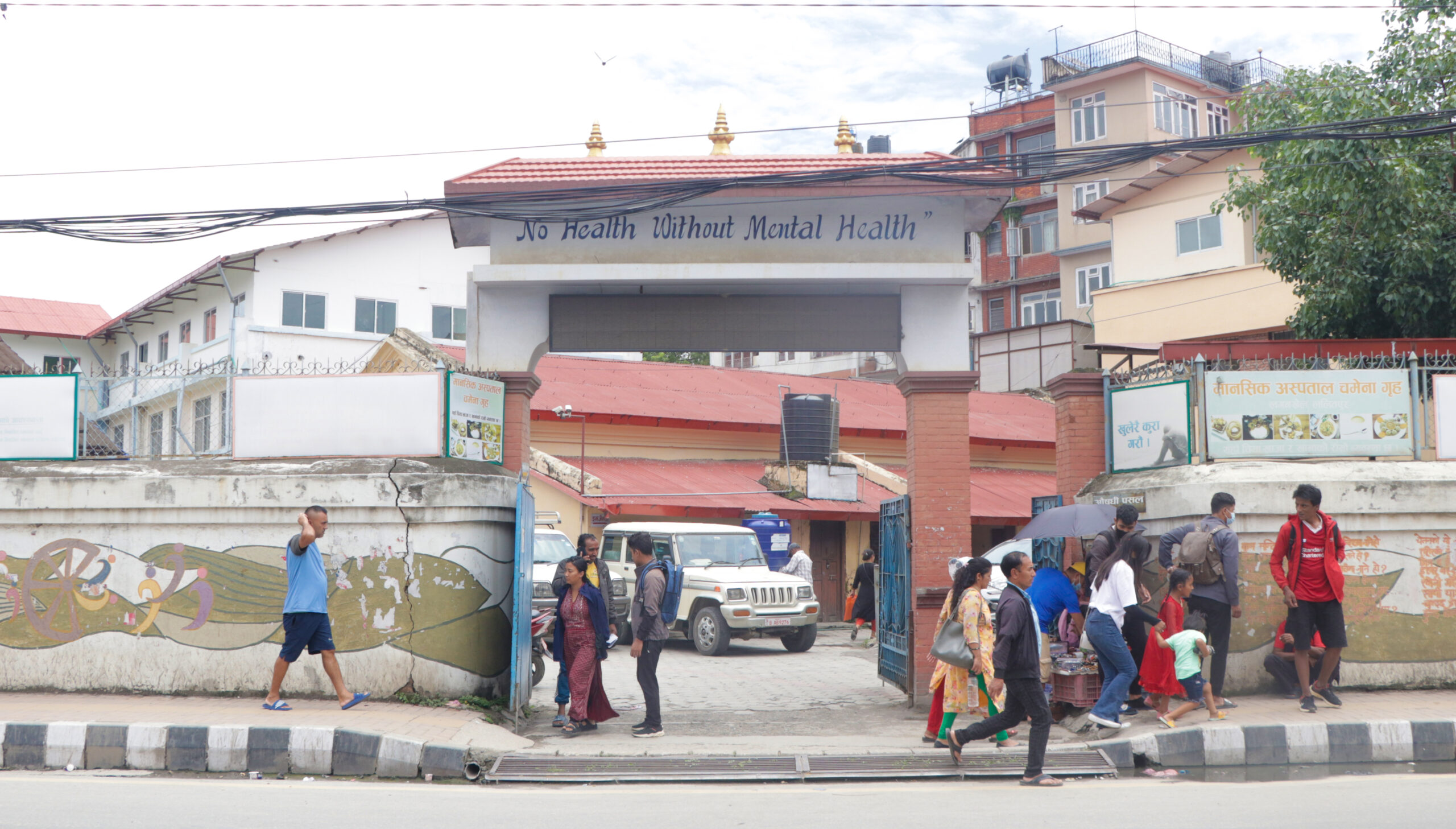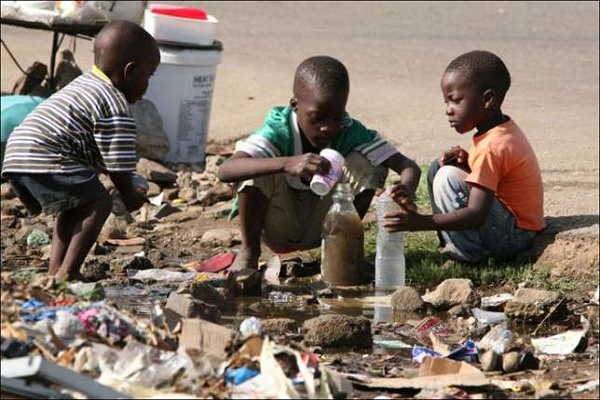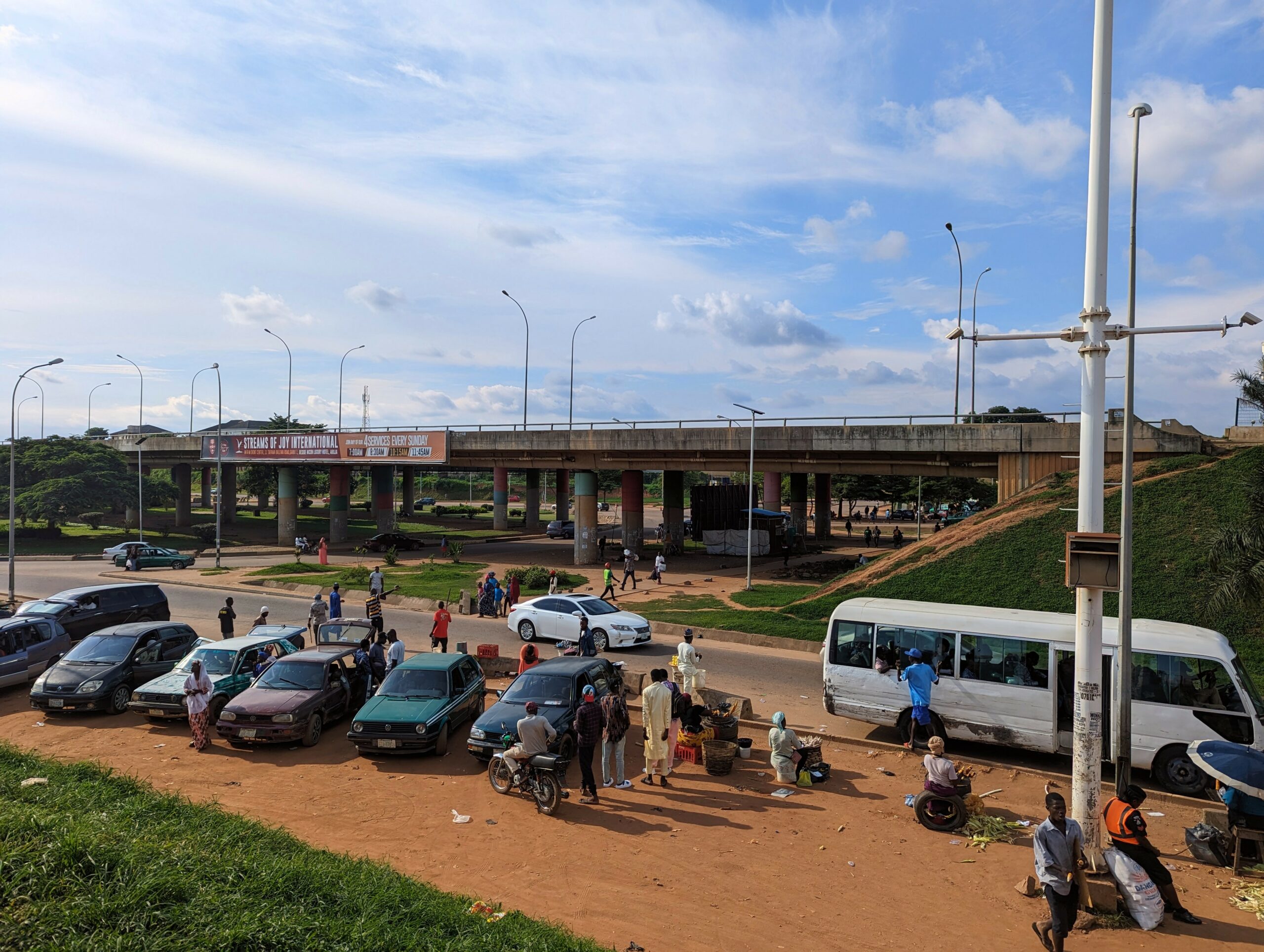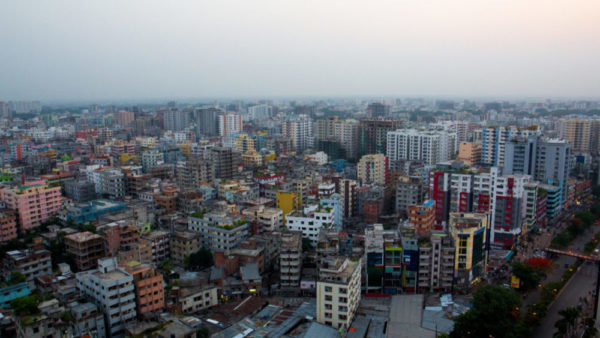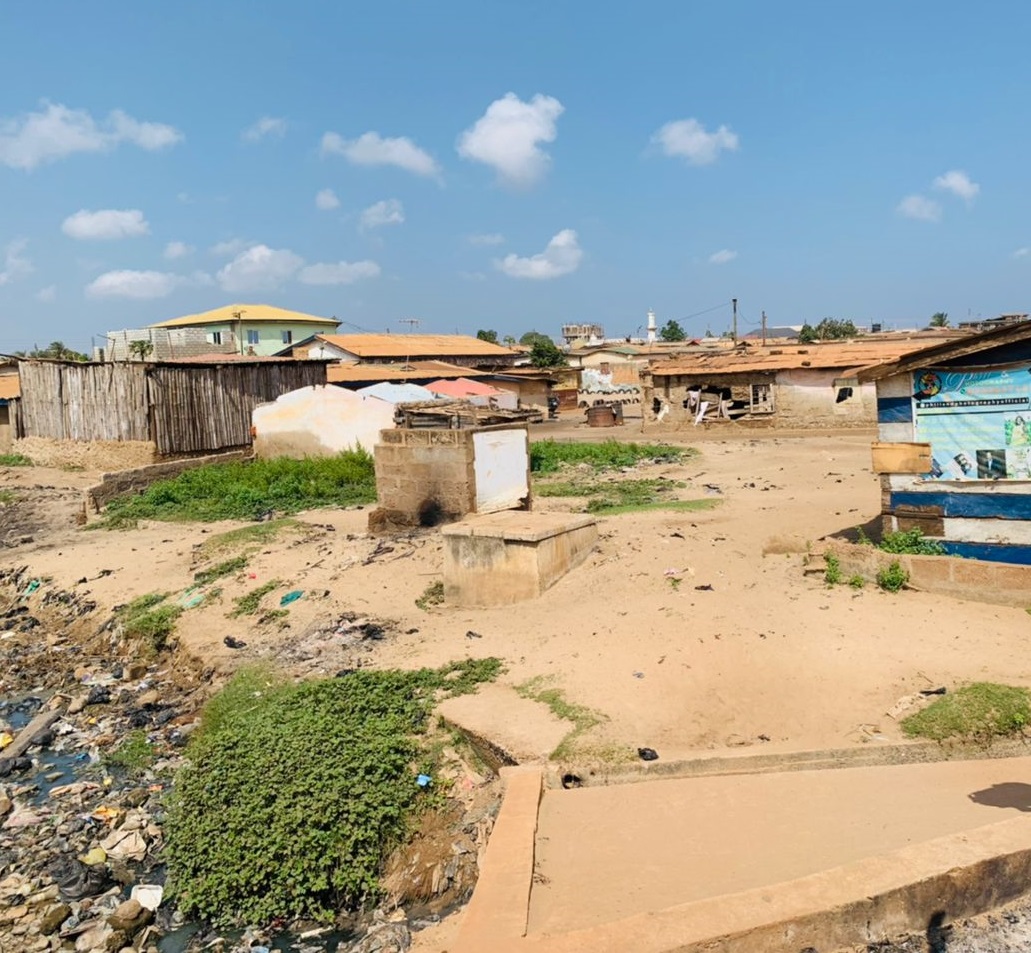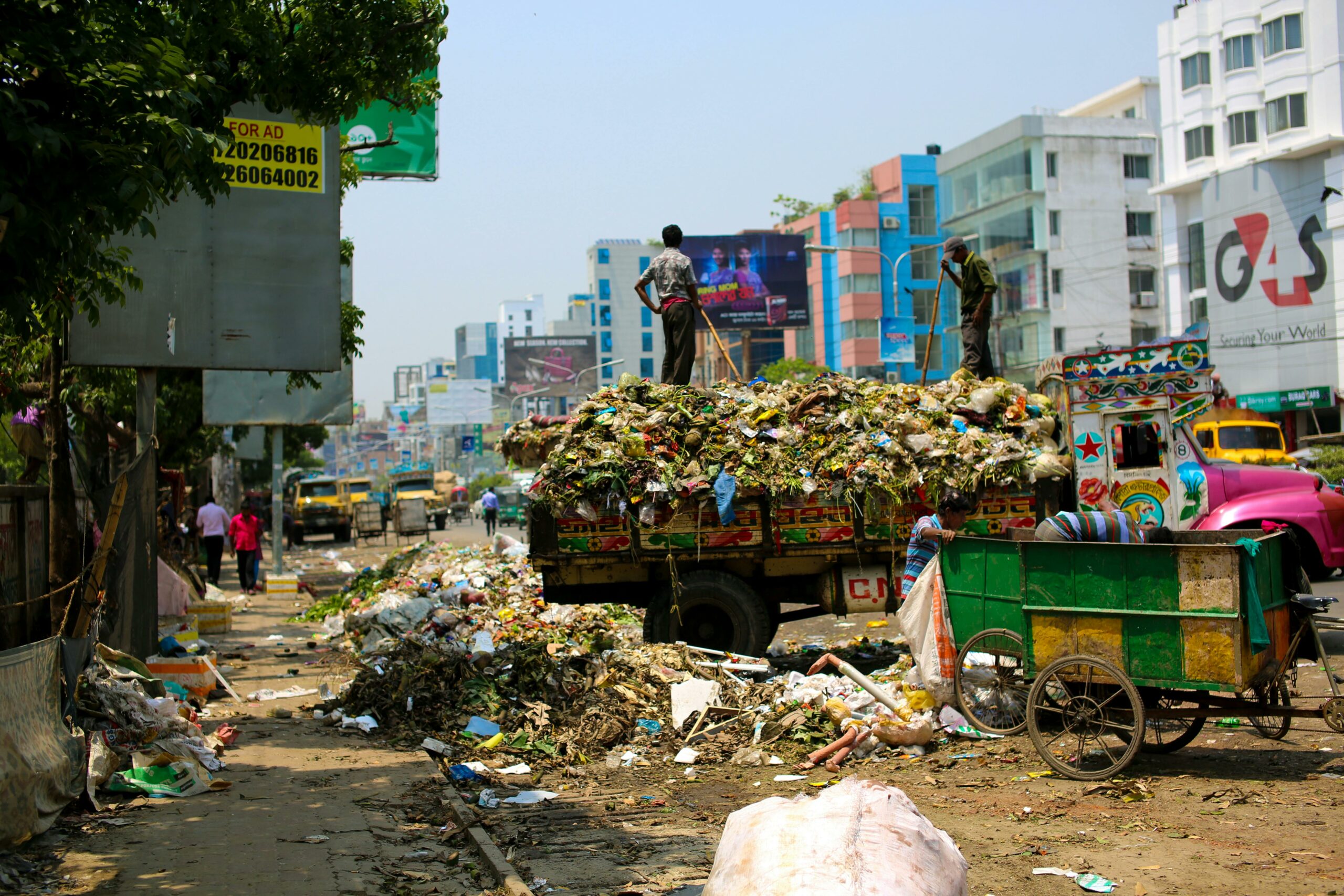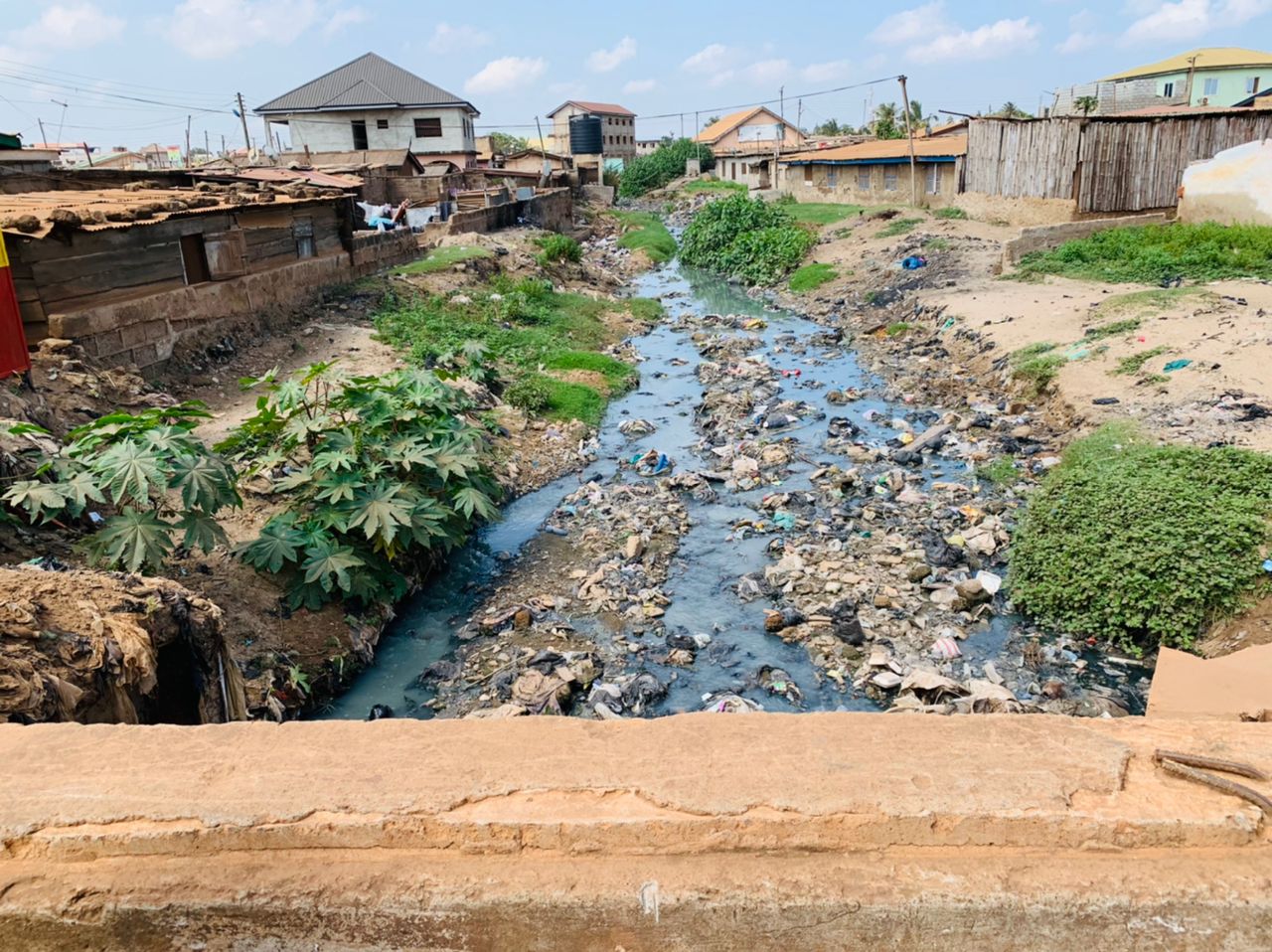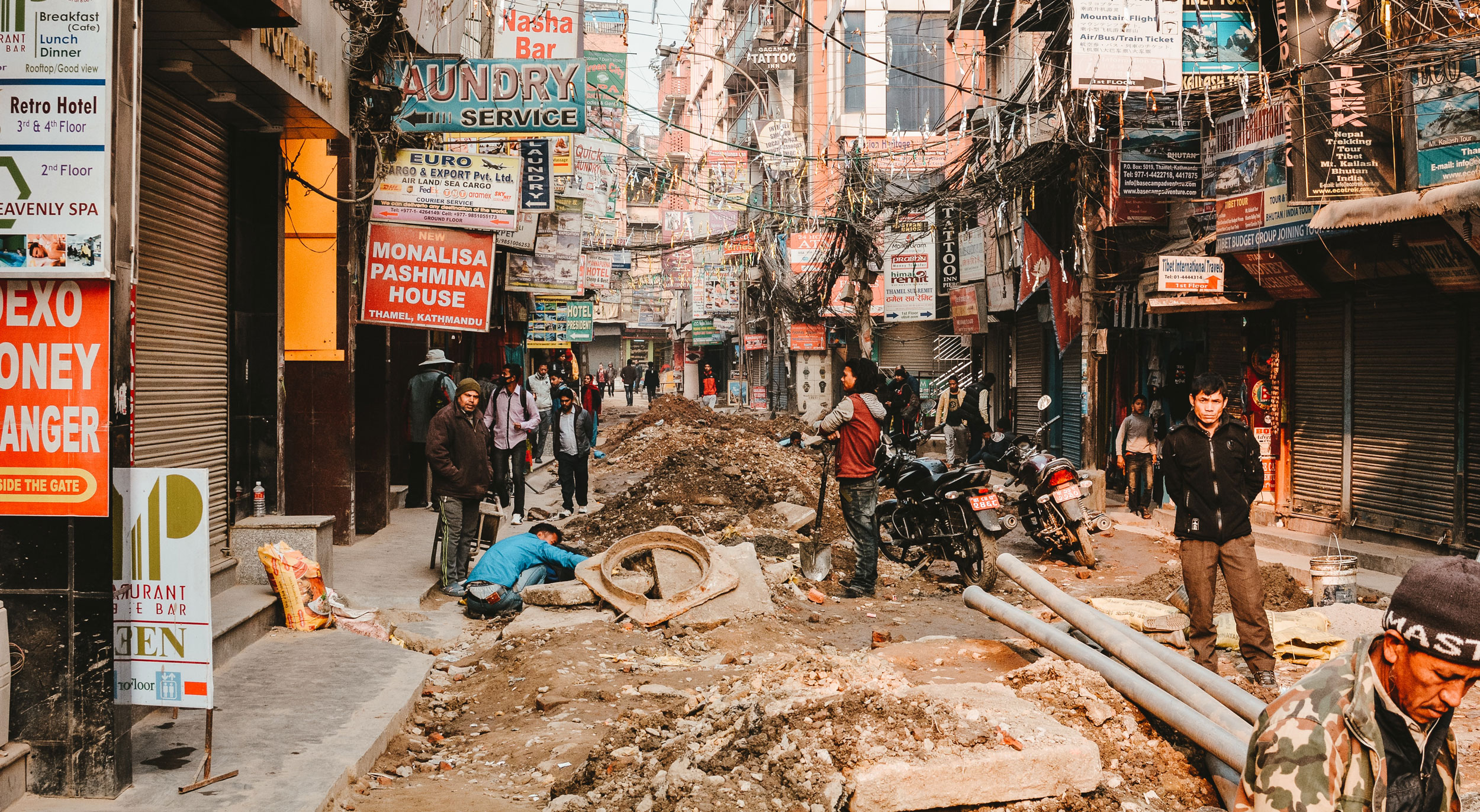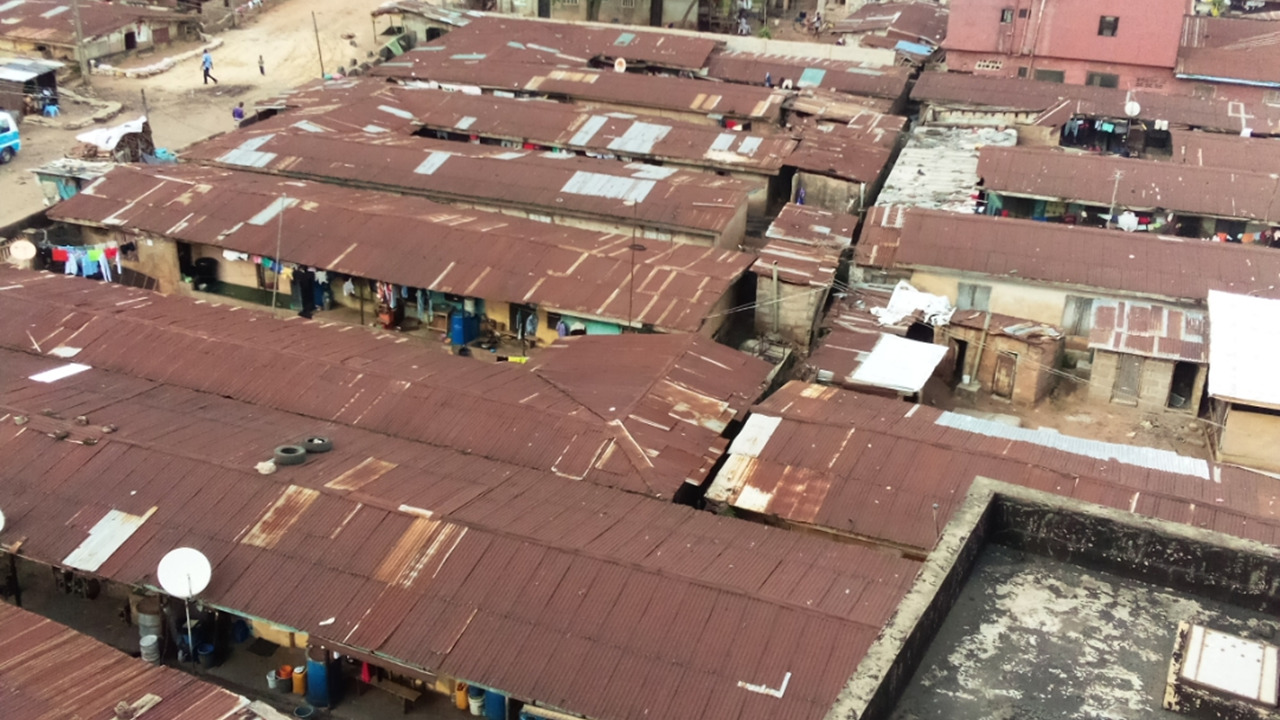
NEPAL
Intersecting Inequities of Urban Poor

NEPAL
Intersecting Inequities of Urban Poor
Ethnographic study of Intersecting Inequities of Urban Poor in Kathmandu
How do we implement the Sustainable Development Goal of ‘leaving no-one behind’ to ensure access to quality healthcare for all?
Health equity is written into the Constitution of Nepal (2015), which guarantees basic health care as the fundamental right of every citizen. The National health policy outlines universal access to and continuous availability of quality health services to marginalized populations. However, in practice, implementing and ensuring access to vulnerable groups including the fast-growing urban poor populations has been a challenge.
There is a general notion that the Nepalese health care delivery system is urban centric and that urban communities have a wide range of public and private health facility choices, however the poorer urban residents are often masked by the overall urban population; they face multi-faceted additional hardships in relation to livelihoods and access to basic services, and the diversity within the urban setting in terms of economic status, age, sex gender, occupation, disability status and other socio-demographic stratifiers is often ignored and neglected. Understanding the multiple marginalizing social variables like age, sex, gender, occupation and disability status is crucial to promote inclusive and accessible health services to the urban poor.
This project aims to identify the challenges and opportunities in ensuring equitable access to quality health services for the poorer urban populations. To achieve this, we will seek to understand the characteristics of urban poor groups, the linkages with pathways to care seeking, and how gender and other social variables interact and create inequities in terms of access to health services. The study will also look at whether the contexts of the urban poor, intersectionality, and equity have been incorporated into policy, and identify potential areas for intervention to address urban health issues.
The research will be primarily an ethnographic study in a selected urban settlement of Kathmandu. The study area will be identified by consultation with stakeholders. The policy review will synthesize the existing understanding and evidence on intersecting inequities for poor urban populations. The study will focus on intersectionality as a theoretical framework and analytical approach.
Lead Researcher: Abriti Arjyal (HERD International, Nepal)
Co-researchers: Achyut Raj Pandey, Obindra Bahadur Chand
Mentors: Prof. Helen Elsey (University of York), Prof. Madhusudan Sharma Subedi (Patan Academy of Health Sciences), Dr Sushil Chandra Baral (HERD International)
